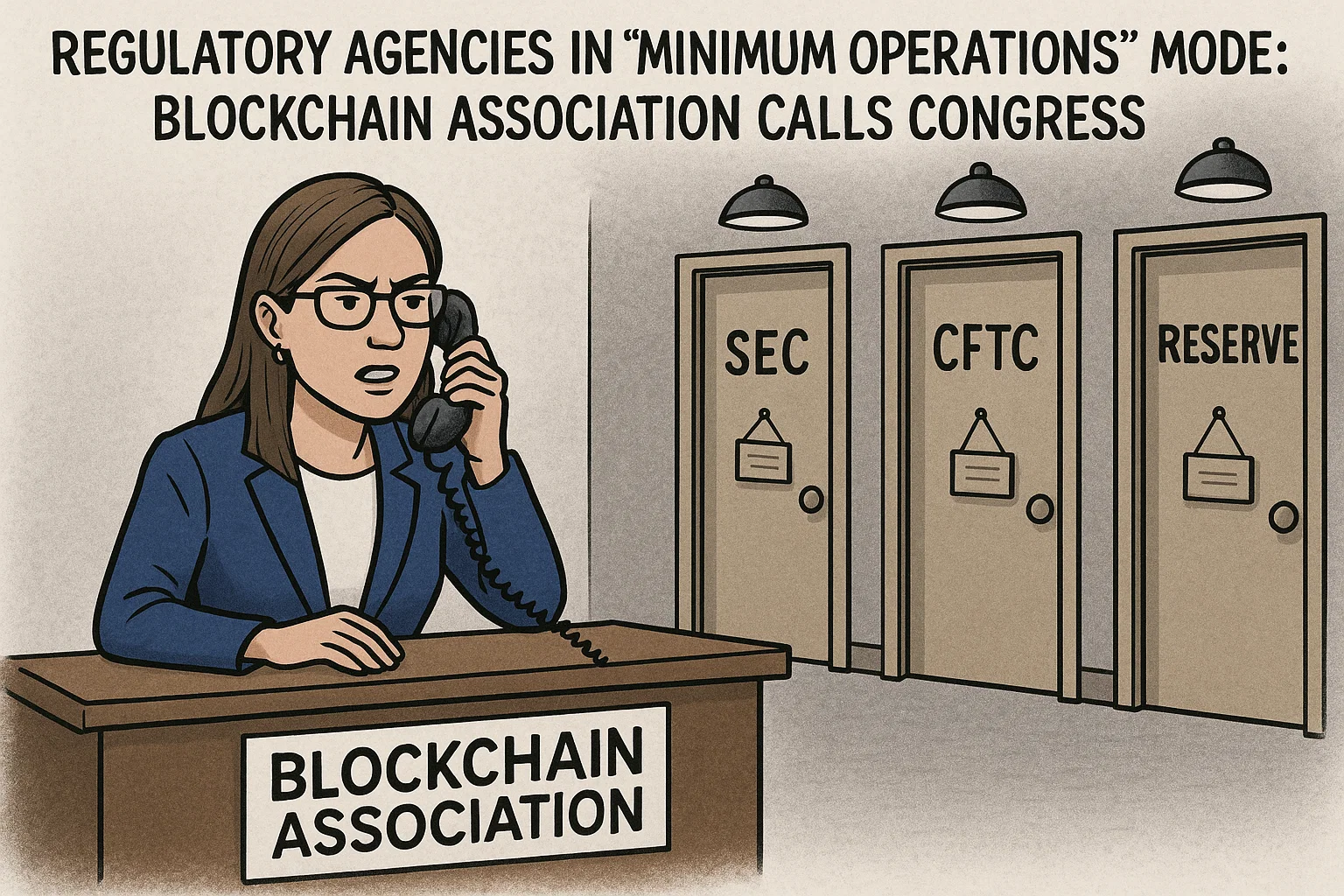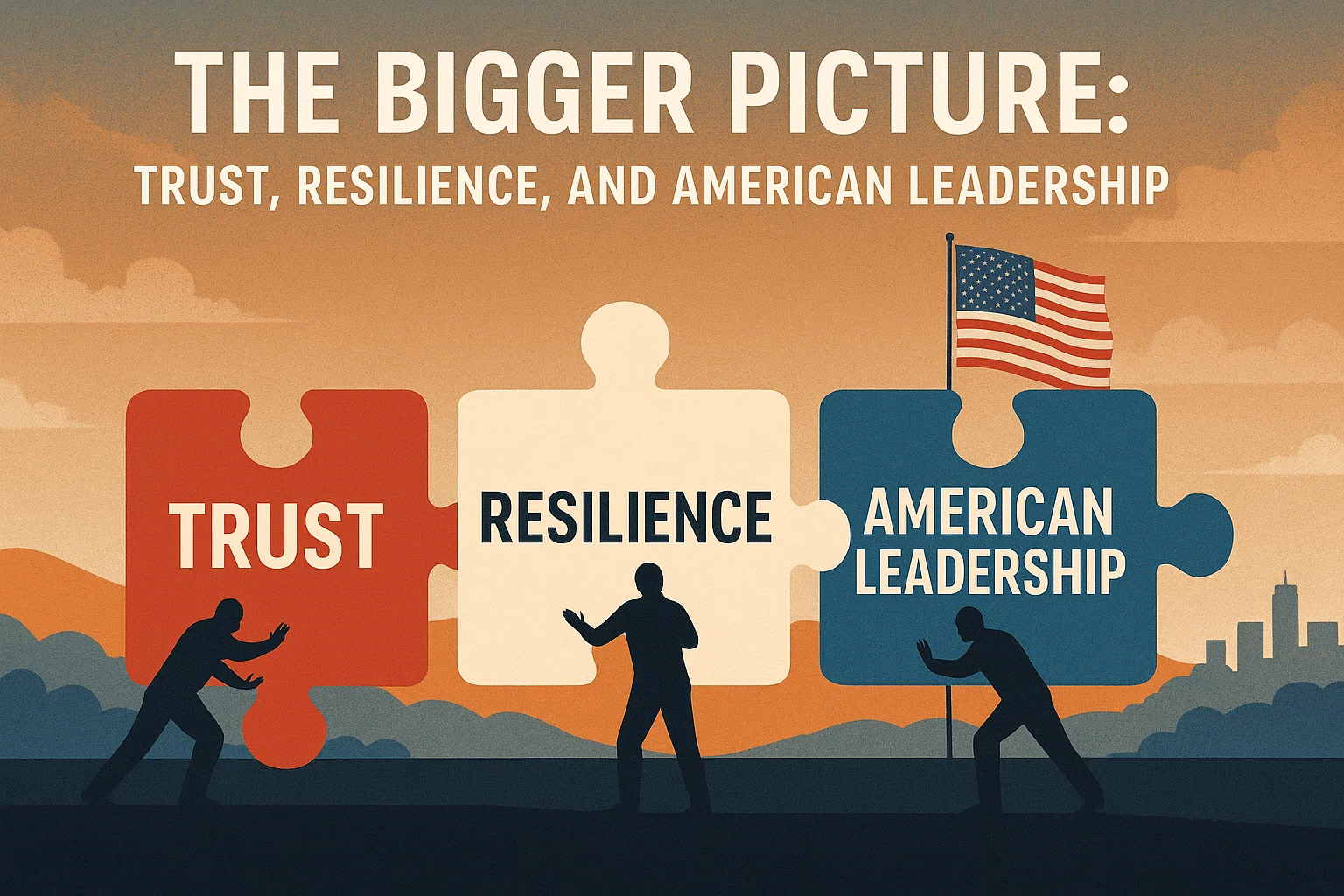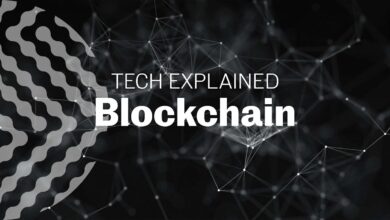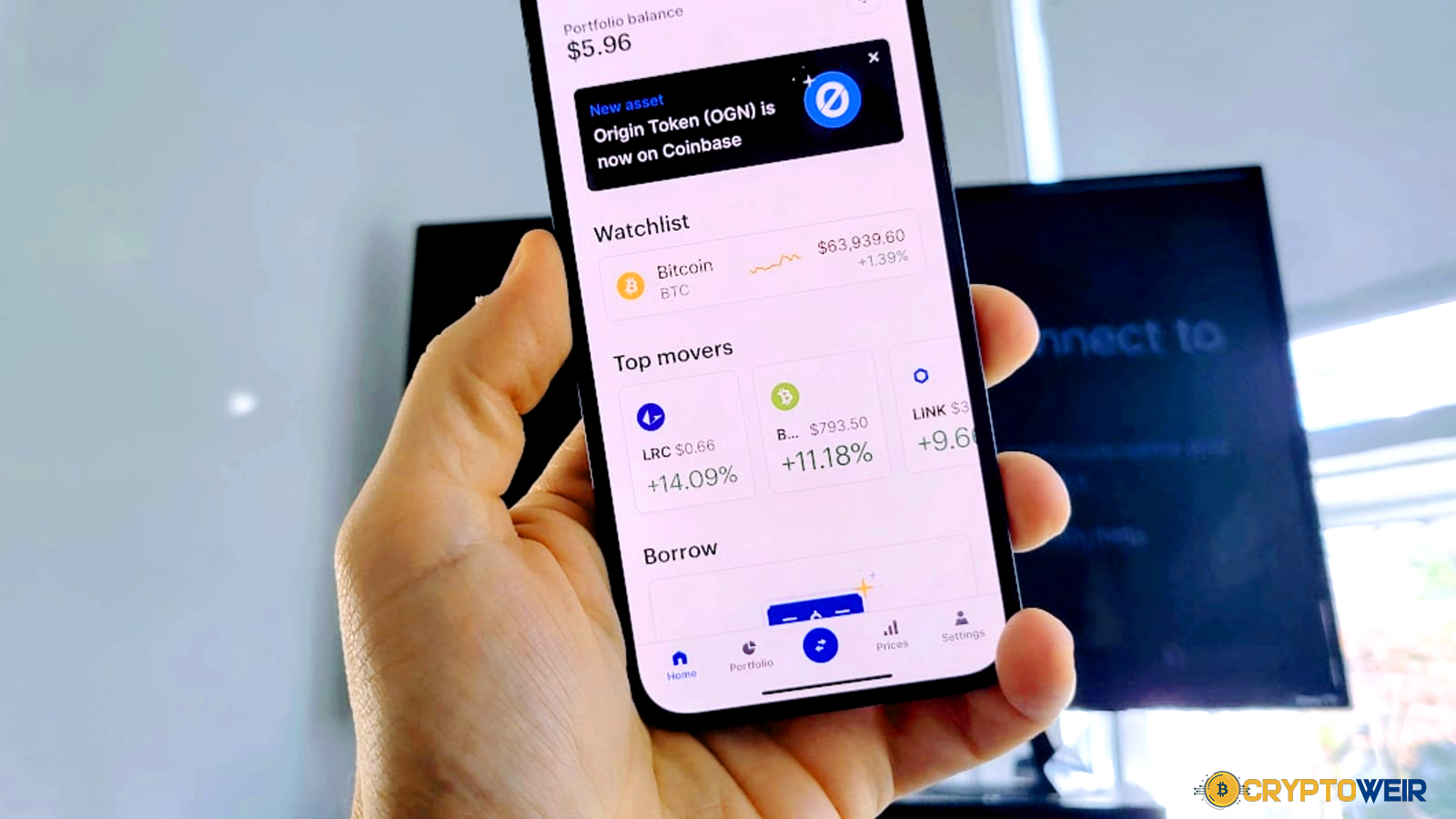Blockchain Association Calls Congress to Unite
Blockchain Association Calls Congress on Congress to collaborate during government shutdown. Explore how the crypto industry faces regulatory....

Blockchain Association is calling on lawmakers to set aside partisanship and work together. The trade group’s appeal lands at a pivotal moment: agency operations are curtailed, regulatory calendars are scrambled, and bipartisan market-structure and stablecoin frameworks risk slipping further down the docket. Put simply, the policy window that was opening for digital assets could narrow if Congress and the White House don’t resolve funding and get back to legislating. Blockchain Association Calls Congress: Blockchain Association Calls Congress: The Association’s public message—the industry needs Washington to cooperate, not calcify—reflects a consensus across crypto policy circles that clarity, not conflict, is the prerequisite for safe growth and responsible innovation.
The stakes are larger than token prices. When the federal government shuts down, committees delay markups, regulators throttle non-essential work, the Blockchain Association Calls Congress, and interagency coordination pauses. In 2025, those “non-essential” items include exactly the rulemakings and hearings that would give businesses, developers, and consumers a transparent legal framework. That is why the Blockchain Association’s call for bipartisanship is not just political theatre; it’s an economic and technological imperative.
The shutdown’s immediate impact on crypto policy
The shutdown that began on October 1, 2025, has concrete consequences. Funding lapses force agencies to furlough staff and postpone meetings. Blockchain Association Calls Congress: Slowing the gears of government just as Congress was weighing digital asset market-structure proposals and stablecoin rules. Blockchain Association Calls Congress: Newsrooms across Washington note delays and disruptions across essential and advisory bodies—from nutrition programs to cybersecurity defenders—underscoring the breadth of the pause. Blockchain Association Calls Congress: In this climate, even well-prepared committee calendars are slipping.
Delayed hearings and markups
Industry watchers flagged that Senate committees were preparing markups on crypto-relevant measures heading into the fall. With a shutdown, those sessions are punted, Blockchain Association Calls Congress, and staff focus on contingency plans rather than policy text. The Blockchain Association’s government relations team has warned that a prolonged funding gap would stall “critical progress on crypto policy,” even as they maintain optimism that bipartisan market-structure legislation will ultimately move forward. That optimism is rooted in months of cross-aisle work products and member education—work that only pays off when Congress is actually in session and funded.
Regulatory agencies in “minimum operations” mode: Blockchain Association Calls Congress
 When the federal government shutters, agencies such as CISA scale back, and while market regulators like the SEC and CFTC keep essential enforcement running, broader policy work and non-urgent guidance tend to slow. The result is a chilling effect on crypto compliance planning, sandboxes, and pilot programs that rely on steady interaction with regulators. The ripple effects extend beyond finance: cyber threat-sharing regimes lose momentum at exactly the moment when blockchain infrastructure and exchanges must stay resilient.
When the federal government shutters, agencies such as CISA scale back, and while market regulators like the SEC and CFTC keep essential enforcement running, broader policy work and non-urgent guidance tend to slow. The result is a chilling effect on crypto compliance planning, sandboxes, and pilot programs that rely on steady interaction with regulators. The ripple effects extend beyond finance: cyber threat-sharing regimes lose momentum at exactly the moment when blockchain infrastructure and exchanges must stay resilient.
What the Blockchain Association is asking for—and why it matters
The Association’s latest statement urges Congress to work together despite political tensions—an echo of its broader 2024–2025 posture: collaborate with the administration, support legislative clarity, and keep the United States competitive in Web3 innovation. The message is both pragmatic and strategic: pragmatic because funding the government is the prerequisite to any committee markup or floor vote; strategic because every month of drift cedes ground to other jurisdictions writing clearer rules.
A consistent push for legislative clarity
Over the summer, the Association and allied groups pressed House leaders to advance the Digital Asset Market Clarity (CLARITY) Act—a step toward consistent categorisation and oversight. Their shutdown-era plea doesn’t introduce new demands; it re-centres a simple condition: keep government open so that committees can legislate and agencies can coordinate. The throughline is unmistakable: policy certainty spurs responsible growth, and responsible growth demands functioning governance.
Bipartisan framing, not partisan finger-pointing
Trade groups don’t pass laws; they shape coalitions. The Association’s language emphasises bipartisanship—reflecting a reality of the 118th Congress and beyond: no durable digital asset framework will pass on one party’s votes alone. Their message aligns with staff-level feedback that there is “good faith negotiation on both sides,” but that a shutdown stalls momentum and introduces avoidable risk. In short, the Association wants lawmakers to win together.
Why a funding lapse is uniquely harmful to digital asset innovation
In most sectors, a short shutdown is a nuisance. In crypto policy, it’s a timer that erodes confidence. The industry’s key unresolved questions—commodity vs. security demarcation, stablecoin issuance standards, custody rules, disclosures, and anti-money laundering harmonisation—require coordinated action by Congress and interlocking agencies. When funding lapses, formal guidance pauses, and informal feedback dries up. Startups delay launches, compliance teams push back rollouts, and institutional allocators hesitate. The result: a slower, riskier environment for everyone, from developers to retail users.
The global race for clear rules
Other jurisdictions are not waiting. The EU’s MiCA regime is live; the UK is shaping a phased approach; regional hubs in the Middle East and Asia publish iterative guidance. While the U.S. can still lead with its capital markets depth and talent concentration, the margin narrows when Washington signals uncertainty. The Association’s message—keep the lights on, then legislate—reads as a defence of American competitiveness as much as a plea on behalf of its members. (This inference follows from the Association’s repeated calls for U.S. leadership and collaboration with the administration and Congress.)
The policy docket at risk: market structure, stablecoins, and innovation pathways
The shutdown’s timing collides with an unusually dense crypto policy calendar. On the Hill, staff have been refining market-structure language to clarify the treatment of digital asset intermediaries, establish registration pathways, and coordinate oversight between the SEC and CFTC. Meanwhile, stablecoin proposals aim to set issuer reserve standards and supervisory regimes, potentially unlocking payments innovation. Every day of delay compresses the window before the election-year calendar and the end-of-year legislative traffic jam.
Market structure: defining who supervises what
One of the longest-running frustrations in U.S. crypto oversight is the regulatory grey zone between securities and commodities. Clarity on disclosures, exchange registration, and custodial responsibilities would reduce litigation risk and put consumer protection on firmer ground. The Association has backed efforts to pass statutory guidance so that agencies aren’t left to interpret legacy laws on the fly. Progress here has been incremental but real—until the shutdown.
Stablecoins: unlocking safer digital dollars
Dollar-pegged tokens are now the bridge asset for on-chain settlements. A federal framework could enshrine reserve quality, audit frequency, redemption rights, and supervisory jurisdiction—mitigating run risk and platform contagion. With the government closed, the inter-committee coordination needed to align banking and markets committees is harder, and staff resources are consumed by shutdown logistics rather than bill text. The Association’s plea is, in part, a reminder that responsible payment innovation needs functioning government. (This analysis is consistent with committee scheduling and staff commentary around fall markups.)
The human layer: agencies, staff, and the policy flywheel
Shutdowns don’t just hit programs; they scatter people. Thousands of civil servants are furloughed across agencies, calendars are wiped, and travel for hearings and roundtables is postponed. In cybersecurity alone, the staffing reduction is stark—coming at a time of surging nation-state and ransomware threats. That same human capital loss shows up in financial regulators’ policy offices and tech labs, where cross-agency pilots and public-private data exchanges depend on consistent staffing. The flywheel of learning slows; the backlog grows.
Why that matters for crypto
The digital asset arena evolves quickly: new layer-2 architectures, account-abstraction wallets, decentralised identity primitives, and tokenisation pilots iterate in weeks, not quarters. Effective oversight requires engaged, informed regulators who keep pace with this reality. When meetings push months and RFI comment windows slide, the distance between policy intent and product reality widens—and with it, the risk of poor outcomes. That’s why the Association is leaning into a cooperation narrative: only a funded, functioning government can keep up.
A measured industry tone: urgency without alarmism
Notably, the Association’s messaging avoids fatalism. Leaders emphasise that while a shutdown is disruptive, it need not derail bipartisan work permanently—provided Congress quickly restores funding. This tone threads a needle: it communicates urgency without undermining the legitimacy of ongoing negotiations or alienating champions on either side of the aisle. Such positioning preserves relationships the industry will need when markups return to the calendar.
Continuity despite leadership changes
Earlier this year, the Association announced a transition in its top leadership, underlining that its advocacy agenda would continue under board oversight and senior staff. Policy positions—particularly on legislative clarity and constructive engagement with the administration—remained consistent through the spring and summer. That continuity lends weight to the Association’s current call for Congress to work together: it’s the same playbook, now made urgent by a funding crisis.
What cooperation could look like over the next 90 days?
If Congress answers the call, expect a rapid reset: continuing resolution first, committee markups second, and renewed attention to market-structure and stablecoin bills. The Association and allied groups will keep supplying technical memos, member case studies, and consumer-protection analyses to inform amendments. The administration, for its part, can extend open channels between Treasury, the White House economic team, and market regulators to ensure alignment when the Hill moves. The end state is not maximalist deregulation—it’s predictable guardrails that allow responsible builders to ship while regulators retain strong enforcement tools. (This projected sequence follows common post-shutdown legislative patterns and the Association’s stated priorities.)
A bipartisan path to yes
Bipartisan outcomes often start with narrow areas of agreement. In digital assets, those include clear consumer protections, custody standards, and illicit-finance controls that leverage on-chain transparency rather than fear it. There is also cross-party support for sandboxing genuine public-interest pilots—like faster settlement for small-business invoices or transparent disaster-relief disbursements—so long as privacy, Blockchain Association Calls Congress: safety, and program integrity are preserved. Legislating in those areas first could build confidence for broader frameworks.
What businesses and builders should do during the shutdown?
While Congress negotiates, the industry can mitigate uncertainty by doubling down on internal compliance, transparency, and risk management. That means maintaining conservative listing standards, documenting control frameworks (KYC/KYB, sanctions screening, Blockchain Association Calls Congress: proof-of-reserves methodologies), Blockchain Association Calls Congress, and over-communicating with users. Responsible actors should also keep participating in comment processes that will reopen after funding returns; early drafting now can accelerate filing later. Firms with significant U.S. exposure may further stress-test liquidity plans and counterparty dependencies under delayed regulatory timelines.
Communicate with customers and counterparties
Clear, non-promissory language about the shutdown’s impact on product roadmaps and support channels builds trust. Share what’s paused and what isn’t. For on-chain services, Blockchain Association Calls Congress, which includes noting any changes in custody flows or withdrawal policies; they are always anchored to user safety.
Keep engaging policymakers—respectfully
Even during a shutdown, constituent conversations and educational briefings continue informally. Blockchain Association Calls Congress: The Association’s call for cooperation gives companies a neutral framing for outreach: encourage lawmakers to restore funding so committees can resume their work; avoid partisan talking points; offer concrete examples of how regulatory clarity improves consumer protection and competitiveness.
The bigger picture: trust, resilience, and American leadership
The government shutdown is a stress test of congressional process, of agency resilience, and of the credibility of U.S. rulemaking in fast-moving tech domains. Blockchain Association Calls Congress: The Blockchain Association’s message recognises that trust is the binding agent between innovators and institutions. Without funding, trust frays; with cooperation, it rebuilds. Blockchain Association Calls Congress: The short-term objective is simple—reopen the government. The long-term opportunity is larger—craft a durable, bipartisan framework that channels the strengths of blockchain technology toward public-interest outcomes: transparent payments, programmable compliance, and verifiable data.
A functioning government is not an abstract ideal in this market; it is the foundation of market integrity and consumer protection. That is why, amid the headlines and the noise, the Association’s appeal is both timely and necessary.
Conclusion
The United States doesn’t lack innovators, capital, or ideas. It lacks the certainty that only Congress and coordinated regulators can provide. Blockchain Association Calls Congress: With the shutdown now underway, the fastest route back to progress is the oldest one in American politics: work together. The Blockchain Association is right to press for cooperation. Once the government is funded, lawmakers can return to the real task—passing clear, bipartisan digital asset rules that protect consumers, preserve U.S. leadership, and let responsible builders build.
FAQs
Q: What exactly did the Blockchain Association say about the shutdown?
The Association publicly urged lawmakers to Blockchain Association Calls Congress: “work together” as the shutdown threatens to stall progress on digital asset policy, Blockchain Association Calls Congress: emphasising the need for bipartisanship to move market-structure and stablecoin legislation forward. Blockchain Association Calls Congress: This call aligns with the group’s broader 2024–2025 push for collaboration with both Congress and the administration.
Q: Has the shutdown officially begun?
Yes. As of October 1–2, 2025, Blockchain Association Calls Congress: the federal government entered a shutdown after Congress failed to pass a funding measure in time, prompting widespread disruptions across agencies and programs.
Q: How does a shutdown affect crypto regulation in practice?
Committee markups are delayed, agency policy teams scale back, and interagency coordination slows. While core enforcement continues, non-urgent rulemaking and guidance often pause. Blockchain Association Calls Congress: which can delay clarity for exchanges, stablecoin issuers, and custodians.
Q: Is there bipartisan support for digital asset legislation?
There is meaningful, though fragile, bipartisan interest in market-structure clarity and stablecoin rules. The Association and allied groups have called for the passage of clarity-focused measures. Blockchain Association Calls Congress, arguing that clear guardrails will enhance consumer protection and competitiveness.
Q: What should crypto businesses do during the shutdown?
Maintain robust compliance, communicate transparently with users, and prepare comment letters and technical input so they’re ready when processes resume. Blockchain Association Calls Congress: Where appropriate, continue constructive outreach to lawmakers using a non-partisan, consumer-protection-first framing. Blockchain Association Calls Congress:(This guidance reflects common best practices and the Association’s emphasis on collaboration.)










